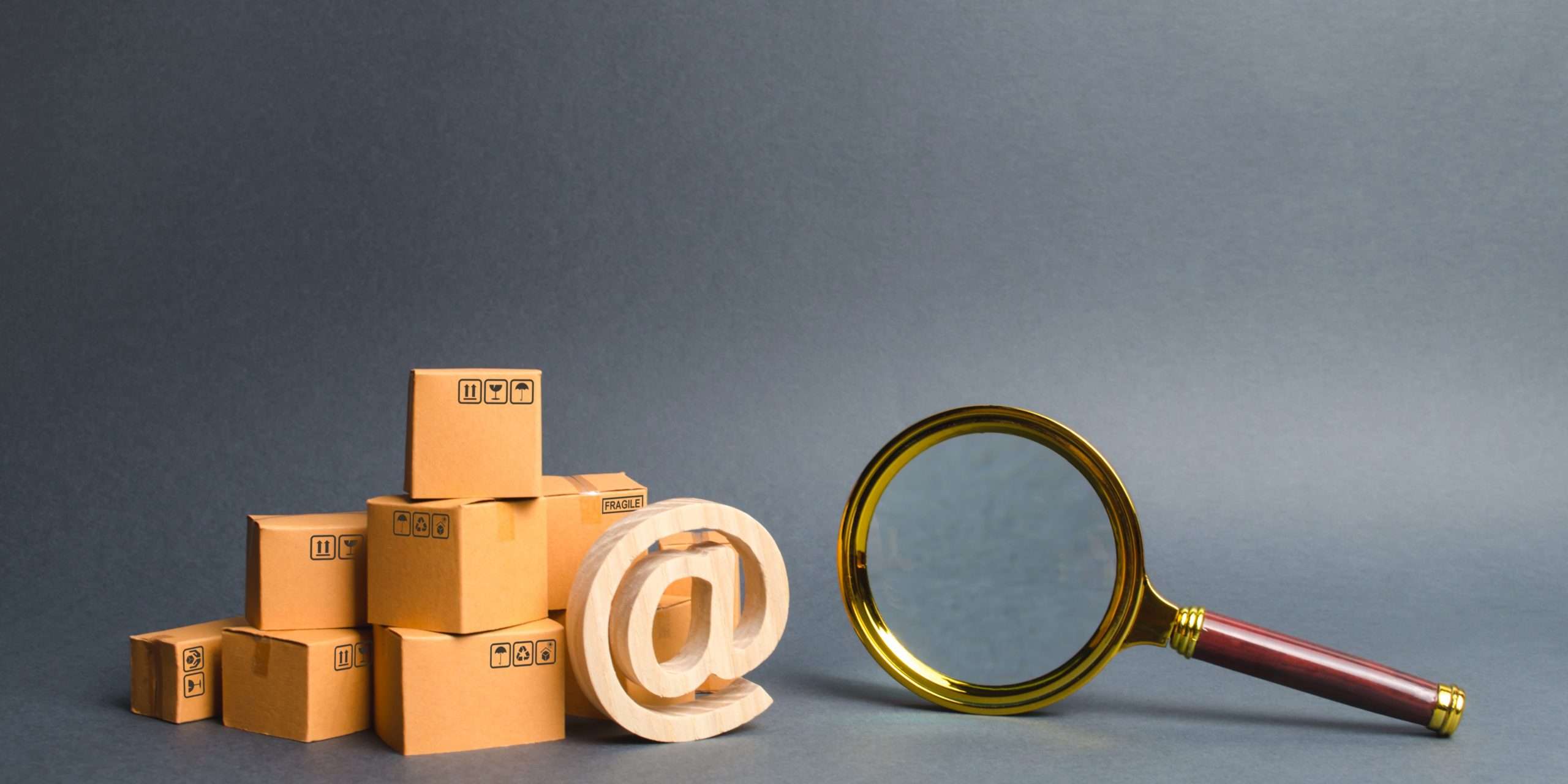Romain Boldi est responsable des solutions Data Marketing d’Ellisphere. Il gère les projets de développement des solutions pour les directions marketing et commerciales ainsi que le pilotage des actions marketing internes sur les produits. Dans cette interview, Romain Boldi partage son point de vue sur l’importance de mettre en place un référentiel de données fiable et exploitable dans le cadre d’actions en data marketing.
Qu’est-ce qu’une donnée impropre en B2B ?
Simplement, je dirais qu’une donnée impropre est une donnée inexploitable, dont on douterait de la qualité et de la fraîcheur. Pour définir le caractère inexploitable, prenons un cas basique : une entreprise dispose d’un CRM qui regroupe toutes ses données clients. Or, dans les faits, une de ces entreprises clientes est inactive sans que le CRM ne soit renseigné. Des opérations de prospection ou même de facturation sont déclenchées évidemment sans retour possible.
Quelles sont les différentes étapes d’un bon nettoyage de la donnée dans un référentiel d’entreprises ?
Il y a 4 grandes étapes dans le nettoyage d’une base de données B2B :
• Tout d’abord, l’audit de la base de données est le prérequis pour détecter le niveau d’obsolescence ou de déliquescence d’un référentiel de données d’entreprises. Des premiers contrôles vont permettre de vérifier la présence de certains champs clés, la normalisation ou non des adresses, la bonne structuration de certaines données, leur complétude… Cet audit mesure la qualité du fichier en entrée et orientera les opérations de rapprochement ultérieures.
• La seconde phase, celle de qualification (Siretisation en France) vise à retrouver puis à attribuer le bon identifiant à l’entreprise. Dans la plupart des cas, l’adresse permet d’identifier la bonne entreprise en confrontant la base source avec les référentiels d’entreprises français ou étrangers. À partir de cette étape, on peut évaluer le potentiel informationnel d’une base de données d’entreprises.
• La phase d’enrichissement, en troisième étape, va permettre de compléter la base initiale par les données nécessaires à la connaissance clients ou à la prospection.
• Enfin, la dernière phase, qu’il ne faut pas négliger, est la mise en place d’une surveillance des données afin de garantir leur fiabilité dans le temps.
Quel est l’enjeu majeur concernant le nettoyage de la donnée pour les entreprises ?
La donnée est une information, l’information permet de prendre des décisions. Le risque principal de prises de décision reposant sur de mauvaises informations est d’augmenter le risque d’erreur, voire d’échec. Avant toute prise de décision, il convient donc de s’assurer de la qualité des données, notamment en marketing et commerce, pour garantir la bonne activation et la réussite de ses opérations.
Romain, peux-tu nous en dire un peu plus sur l’enrichissement de la donnée ?
L’idée de l’enrichissement de la donnée B2B pour une entreprise est de passer d’une base de données autocentrée sur ses propres informations, comme celles fournies par ses commerciaux, son service comptable ou relation clients, à une base de données exogène.
Le but est d’élargir la connaissance de ses tiers grâce à des données spécialisées et donc, pour un commercial par exemple, d’être ainsi en mesure de détecter des opportunités business, ou pour un marketeur d’améliorer la précision de son ciblage de prospection.
Quels sont les avantages à faire appel à un prestataire externe comme Ellisphere pour enrichir ses données ?
Je vois deux grands avantages pour les entreprises à externaliser les process de data quality :
• Le premier avantage est évidemment le gain de temps : pour une entreprise maintenir un référentiel important peut vite devenir un investissement lourd en termes de moyens techniques et humains.
• Le deuxième avantage est évidemment de pouvoir disposer d’informations exclusives que seuls des professionnels comme Ellisphere peuvent détenir et interpréter. Qui plus est, les fournisseurs de data sont bien souvent déjà agrégateurs, et disposent à cette fin d’un panel de partenaires conséquent pour fournir aux entreprises des données spécifiques de qualité.




